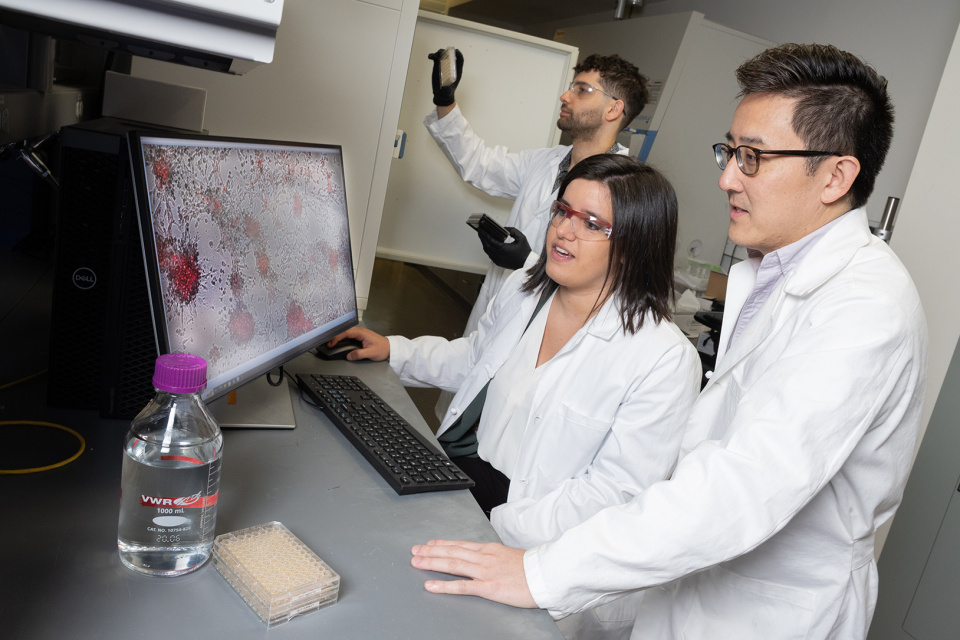Biomedical engineers at Georgia Tech have developed an experimental treatment that trains the immune system to recognize and eliminate hard-to-treat cancers. The approach showed success in lab tests without harming healthy tissues and prevented cancer from returning.
Painting a Target on Cancer to Make Therapy More Effective

Key Takeaways:
- Georgia Tech engineers developed a new treatment for hard-to-treat cancers.
- The therapy teaches the immune system to recognize tumor cells it usually misses.
- Lab tests showed effectiveness without damaging healthy tissues.
- The approach prevented cancer recurrence in laboratory models.
- Building on established technologies may expedite clinical trials.
Engineering the Immune System to Fight Cancer
Biomedical engineers at Georgia Tech have created an innovative treatment that could unlock a universal strategy for combating some of the most challenging cancers. By teaching the immune system to recognize and attack tumor cells it usually misses, this approach offers new hope for patients dealing with brain, breast, and colon cancers.
The Challenge of Hidden Tumors
Hard-to-treat cancers often evade detection by the immune system, making them particularly resistant to conventional therapies. These stealthy tumor cells can lead to treatment failures and increase the risk of cancer recurrence.
A Novel Method of Flagging Tumor Cells
Reported in May in the journal Nature Cancer , the research introduces a technique involving a “one-two punch” that flags tumor cells. This enables specially enhanced T cells from the patient’s own immune system to recognize and eliminate them.
“Biomedical engineers at Georgia Tech created a treatment that could one day unlock a universal strategy for treating some of the hardest-to-treat cancers—like those in the brain, breast, and colon—by teaching the immune system to see what it usually misses,” the researchers explained.
Success in Lab Tests
The experimental approach was effective against these types of cancers in laboratory tests and did not harm healthy tissues. Importantly, it also stopped cancer from returning, marking a significant advancement in long-term cancer management.
Preventing Cancer Recurrence
Stopping the return of cancer is a critical challenge in oncology. The ability of this treatment to prevent recurrence could represent a major breakthrough, offering patients not just remission but a lasting cure.
Building on Safe, Established Technologies
While still in the early stages of development, the therapy builds on well-established, safe technologies. This foundation may provide a clearer and quicker path to clinical trials and, ultimately, patient care.
Looking Ahead
By leveraging existing technologies, the researchers aim to expedite the journey from laboratory experiments to real-world applications. This innovative treatment has the potential to transform how some of the deadliest cancers are treated, bringing new optimism to patients and healthcare providers alike.











